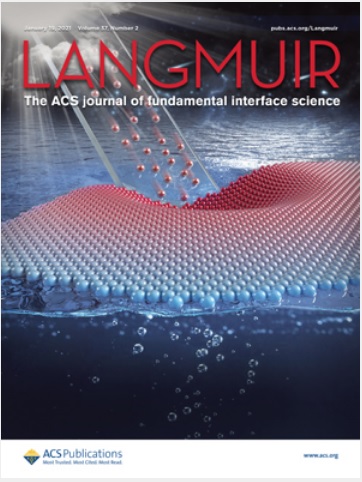Mixed fluids confined in porous solid hosts present challenges for the accurate characterization of individual-component behavior. NMR diffusometry with chemical resolution is used to identify unexpected loading- and composition-dependent anomalous diffusion in water/cyclohexane mixtures confined to solid nanoporous glass (NPG) hosts. Diffusion NMR results indicate that data obtained on pure-component liquids in confinement cannot be extrapolated to their nonideal liquid mixtures confined in the same solid host. Loading-dependent data must be obtained on each component in the confined mixture in order to determine which of the liquid components exhibits chemical affinity for the host and, conversely, which of the components exhibits anomalous diffusivity. Most notably, NMR diffusometry revealed that cyclohexane diffusivity varied by 2 orders of magnitude in a water-rich mixture depending on the total fluid loading in the NPG host, ranging from anomalously high diffusivities that significantly exceeded that for pure cyclohexane in NPG at low fluid loadings to kinetically trapped sequestration at high fluid loadings. NMR diffusometry indicates that nonideal solution behavior in fluids confined within nanoporous hosts may have practical implications for enhanced oil recovery methods. Specifically, kinetic trapping of hydrocarbons in water-flooding regimes can result from complex liquid–vapor equilibrium that is significantly perturbed from that which exists in bulk or microporous confinement.

